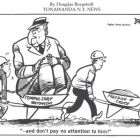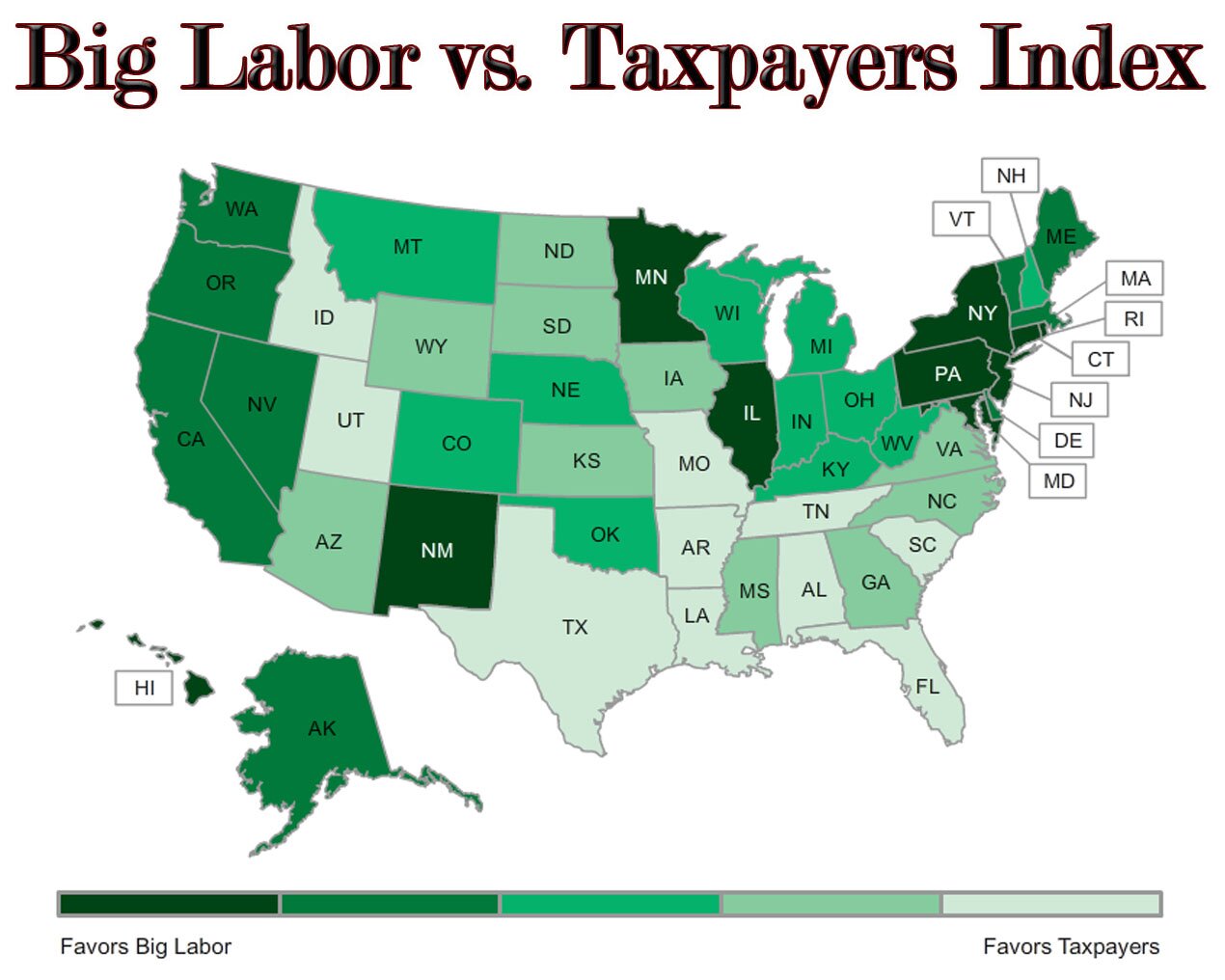By Andrew G. Biggs and Jason Richwine/American Enterprise Institute
The teaching profession is crucial to America’s society and economy, but public-school teachers should receive compensation that is neither higher nor lower than market rates. Do teachers currently receive the proper level of compensation? Standard analytical approaches to this question compare teacher salaries to the salaries of similarly educated and experienced private-sector workers, and then add the value of employer contributions toward fringe benefits. These simple comparisons would indicate that public-school teachers are undercompensated. However, comparing teachers to non-teachers presents special challenges not accounted for in the existing literature.
First, formal educational attainment, such as a degree acquired or years of education completed, is not a good proxy for the earnings potential of school teachers. Public-school teachers earn less in wages on average than non-teachers with the same level of education, but teacher skills generally lag behind those of other workers with similar “paper” qualifications. We show that:
 Free Market Policy Organizations Push Back against Stealth Unionization Campaign
Free Market Policy Organizations Push Back against Stealth Unionization Campaign
 Could Indiana’s Right to Work Law Mean Trouble For Neighboring States?
Could Indiana’s Right to Work Law Mean Trouble For Neighboring States?
 Wrong way, Illinois: Unemployment rate increased most in the nation in 2011
Wrong way, Illinois: Unemployment rate increased most in the nation in 2011
 Wisconsin union holding federal funds hostage
Wisconsin union holding federal funds hostage


